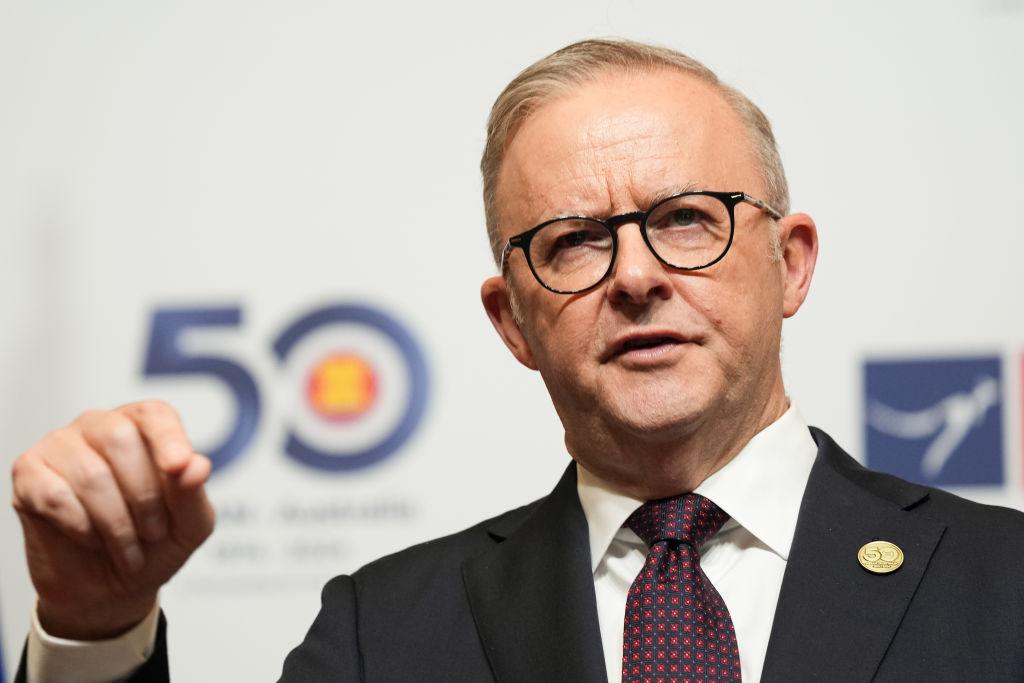With ASEAN underway in Melbourne today, the Australian government—this year’s hosts—is determined to keep the focus on trade and economic development, and not on Beijing’s growing influence in the region.
That’s despite revelations last week that a former politician had conspired with foreign agents—later confirmed to report to the CCP—and “sold out” the nation while still in office.





